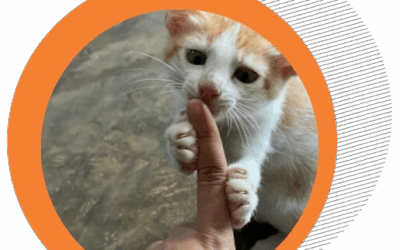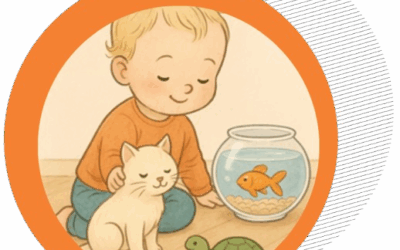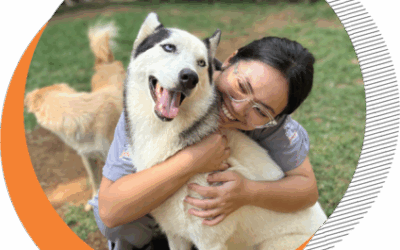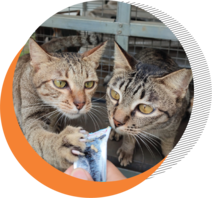
What are puppy-mills and
why are they a problem
to animal welfare?
Despite the many beneficial aspects of petholding, Indonesia’s increasing demand for „cute puppies“ in particular poses challenges to animal welfare. One amongst them: the increasing
number of questionable dog breeding farms, also known as “puppy mills.“
Oleh: Isabelle-Angelica Schosser
“Puppy mills“, runned by unlicensed „dog breeders“, are characterized by poor living conditions for the dogs with many of them sick, malnourished and emotionally neglected and most of their lives cramped inside cages with the sole purpose to produce puppies. The lack of medical care and a genetic predisposition for diseases due to generational inbred causes high rates of death in both parental and offspring generation. Many females being stuffed with hormones to increase fertility to produce as much litters as possible. The resulting health issues are transferred to their offspring who further suffer from behavioral problems from their lack of social life and a too early separation from the mother. A vicious circle.
Where data is available, an estimated amount of 2 million dogs die within the walls of puppy mills every year. Many more are dying shortly after being brought to their new homes, leaving
well-intended new owners in grief – and often with high medical bills.

As an animal welfare organization, we encourage adoption over the commercial purchase of dogs. However, if this is not an option for you, „red flags” such as the following can give a hint
that the dog in question might come from a puppy mill or person related to abusive dog farming procedures:
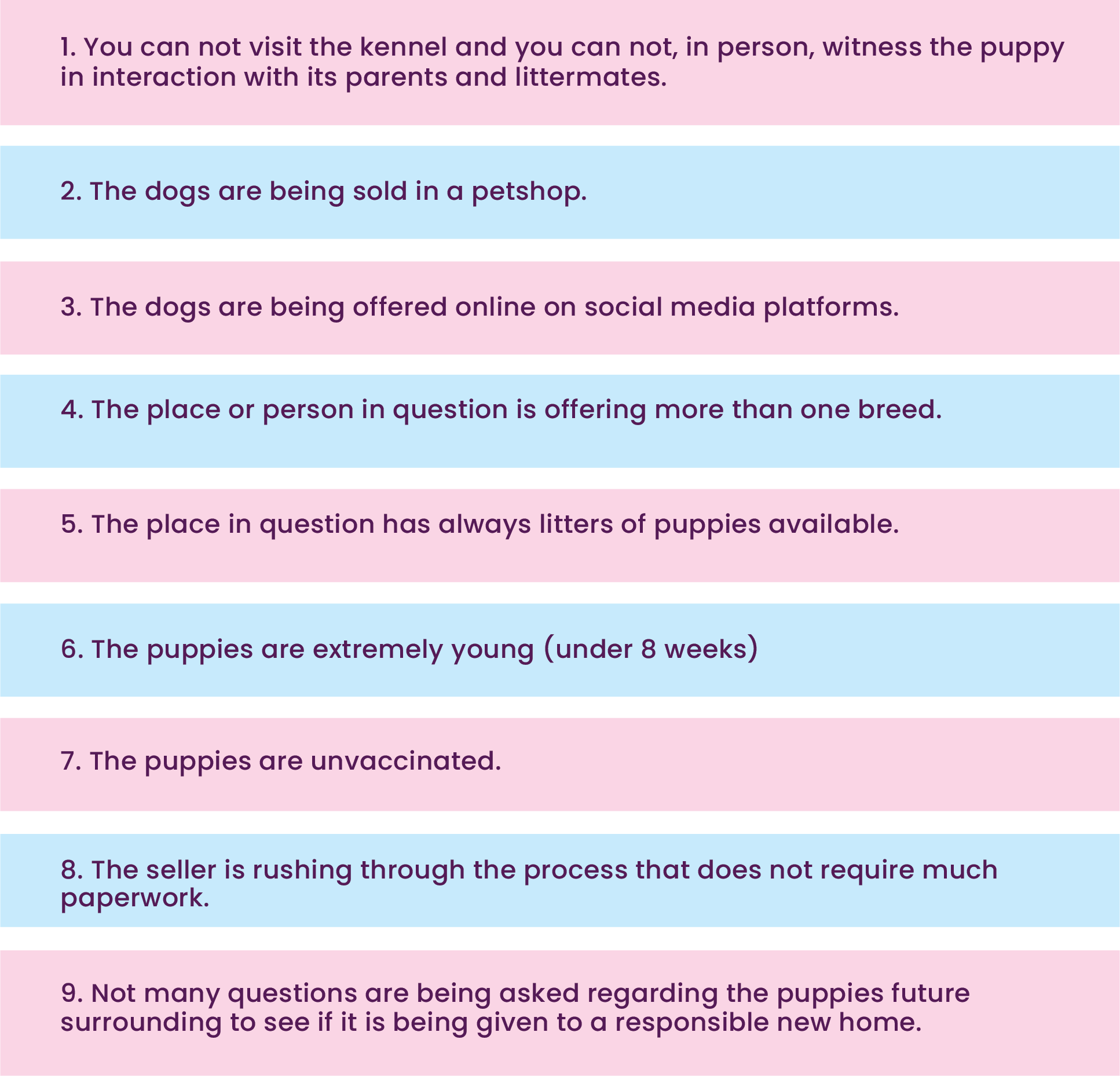
For further information, the Humane Society provides a pdf with information on how to spot responsible breeders.
Many sad cases of puppy mill victims illustrate the need for stricter regulations and educational
campaigns to increase awareness within the public. We came across a particular sad case of
puppy-mill exploitation in January `23, when a pack of 15 dogs had been rescued by volunteer
workers from Shelter Pak Johan, located in the outskirts of Tangerang:
„I got contacted by one netizen who reported that her friend, who lives in that area, saw lots of
dogs at the side of the road“, animal welfare activist Yin tells. As it turned out, 15 old and sick
dogs – the „high demanded“ dog breeds Toypoodles and Minimums – had been dumped by the
puppy mill owner after being too old and sick to produce more offspring. The dogs were found in
small cages that had been stapled at the side of the road: „We immediately called the transept
driver to pick them up but when he arrived, there were only 13 dogs left. Their health issues
ranged from a broken jaw, very likely from a kick in the face, to leg paralysis, cataracts and severe
skin infections“ Yin adds.
Meanwhile, the puppy-mill business continues to flourish.
But just like every other business working on profit, puppy mills are living from demand and supply: If there is no demand, there won’t be another forced pregnancy, another generation of sick and abused dogs. In other words: if we stop buying from abusive breeders and third party traders, this business would simply cease to exist. As successfully seen in Great Britain known as „Lucy`s Law“, judicial regulations had been put into place in 2020 to filter out questionable „dog-farming“ practices. At the same time, government supported campaigns had been increased to encourage adoption from rescue centers – dogs in all sizes, already existing and waiting desperately for a loving home. In many provinces within countries such as the US and GB, the sale of puppies in pet shops is gradually being prohibited, with the state of New York following in 2024, for instance.
When will Indonesia join in?
In conclusion, governmental regulations to stop abusive dog farming is highly necessary – but not enough. It also needs a more ethical approach to the issue of petholding in general from the people. The puppy mill trade – or, in other words, the commodification and industrialization of living beings – will continue as long as it keeps being enabled by our individual decisions: to buy a sweet puppy without shedding much thought about the conditions of where it’s coming from. We should ask ourselves: who profits from all of this, and what’s the price to pay – and if it is worth all the suffering connected to it.
Adopt, don’t shop!
Related Post:


